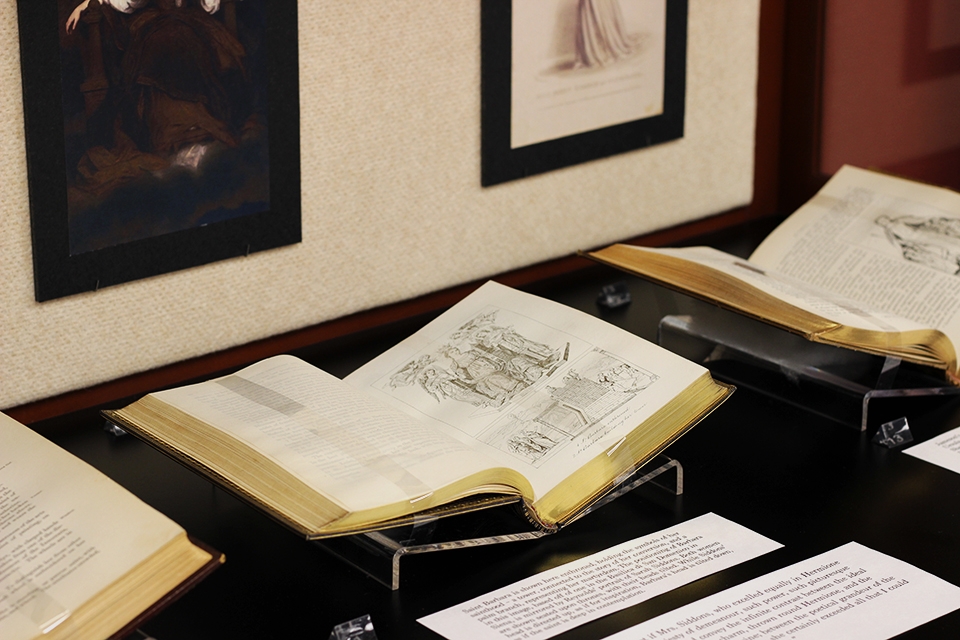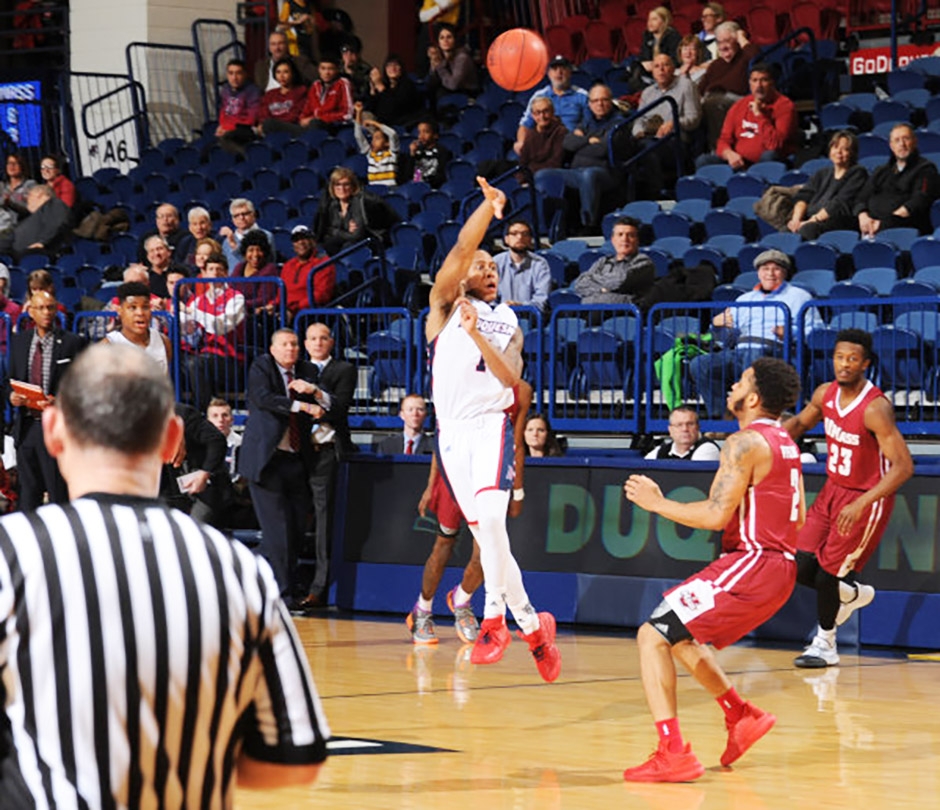
By Michael Williams | Student Columnist
For many Republican candidates, the scariest part of October was the CNBC debate on Oct. 28 in Boulder, Colorado.
It was a tense atmosphere throughout the night as multiple Republican candidates thought the CNBC debate moderators were purposely bullying them. According to Vox, even Stephen Colbert thought the moderators were being unfairly antagonistic. In a question for Trump about the deficit, the moderators called his platform a “comic book campaign.”
According to ThinkProgress, both liberal and conservatives found the debate to be a disaster.
However, the Republicans did not take the perceived disrespect sitting down.
When discussing super PACs, the independent expenditure committees which raise money for candidates, Sen. Marco Rubio of Florida claimed that the Democrats had the biggest super PAC of all: the media.
In some ways, Rubio makes a good point. The news media is biased, and this is a huge problem when they are monitoring debates as they purposely ask questions that hurt a certain party.
The media is not just in favor of the Democrats, however. There are definitely networks that lean more toward the liberal side, such as NBC, but there are also networks with more conservative biases, like Fox.
After hearing about this, President Obama took note of the comments and mocked them at a Democratic fundraising event last Monday. He said that these candidates often criticize him for being a weak leader and not standing up to current President of Russia, Vladimir Putin.
These Republican candidates state that they will be able to become a much stronger leader than President Obama, yet they can’t even handle difficult questions from the debate moderators.
President Obama recognized this at the fundraising event saying, “Let me tell you, if you can’t handle [the moderators], then I don’t think the Chinese and the Russians are going to be too worried about you.”
Both sides of the issue make sense here. It is unfair for a biased news network to ask questions that they know deliberately make the candidates look bad.
The United States is already divided among partisan political lines, and the American people are looking for the most qualified individual for president. It is difficult for that candidate, whether Republican or Democrat, to set him or herself apart when they are asked biased questions meant to trap.
At the same time, it’s easy to see where Obama is coming from. For the last eight years, the Republicans have been slinging mud at him, such as when Donald Trump claimed Obama’s birth certificate was fake. Yet, they can’t seem to take some of the heat themselves.
As far as the candidates’ campaigns themselves are concerned, the debate seem to help Sen. Ted Cruz, Dr. Ben Carson and Sen. Marco Rubio, as their overall poll numbers all increased.
According to a CNBC poll which surveyed the number of mentions on Twitter during the night of the debate, they all rank among the top four candidates alongside Donald Trump.
Donald Trump’s numbers, however, did not fare as well after the candidates duked it out on screen. Trump’s overall poll numbers decreased from 25 percent to 22 percent, and Carson is now leading.
Jeb Bush, thought to be an early contender for the nomination, has been doing poorly as his overall poll numbers have steadily decreased. He is now in seventh place in Iowa with five percent and sixth place in New Hampshire according to The Washington Times. Bush’s online campaign, which touts that “Jeb Will Fix It,” was widely mocked and is a failure on social media.
It is still too early to tell who will get the Republican nomination. But, if Jeb Bush cannot turn things around in future debates and solve the issues with his campaign in general, it will surely not be him.




